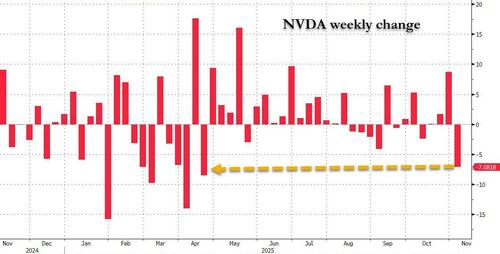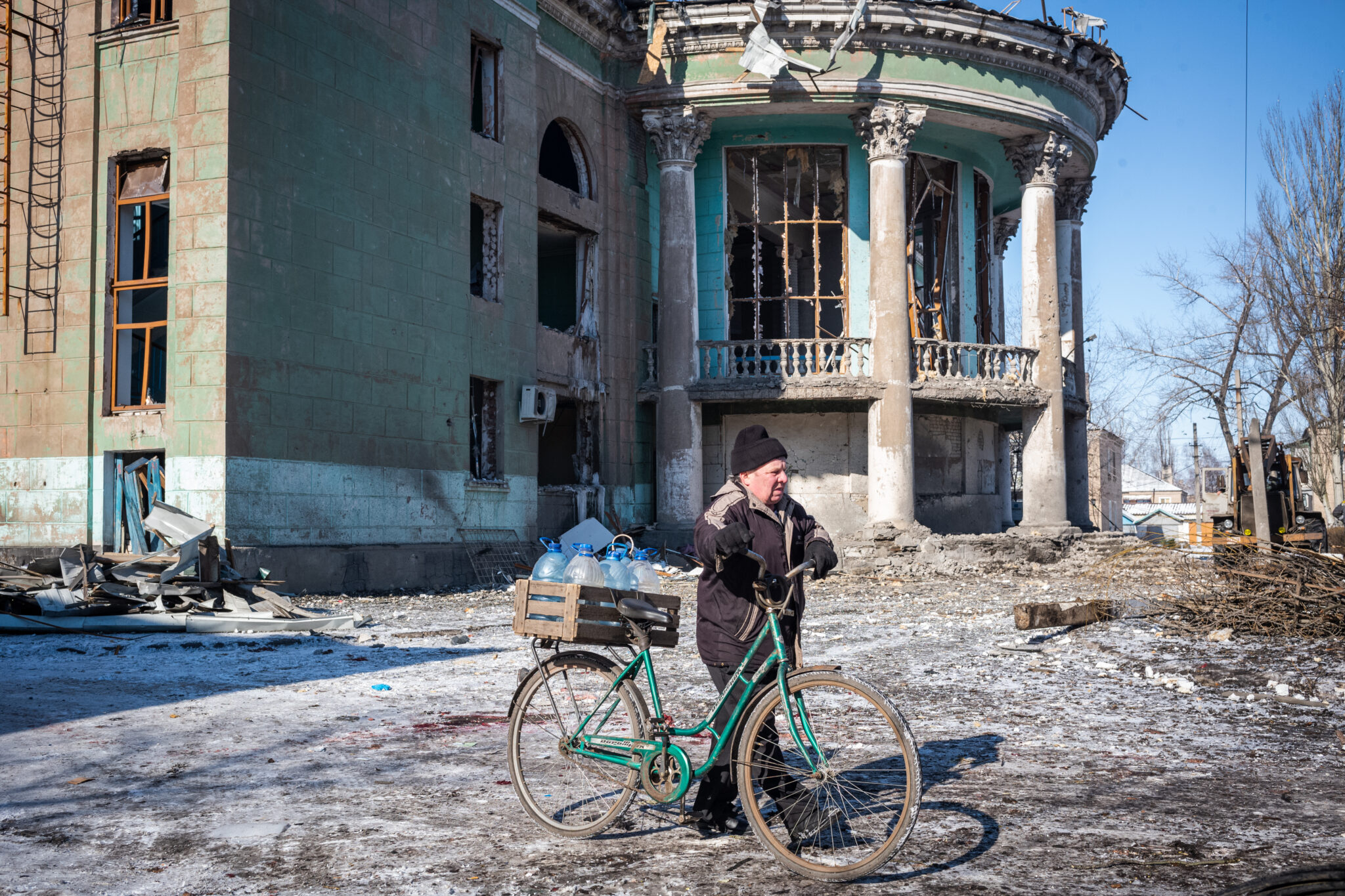The New Delhi summit, the grand finale of India’s G20 presidency, will be marred by the absences of Russian President Vladimir Putin (which was widely anticipated, given the sharp words of G7 members on the G20 platform about the war in Ukraine) and Chinese President Xi Jinping. This is the first time ever that a Chinese president will skip a G20 summit.
Spin doctors are at pains to push the unofficial line that Xi’s absence isn’t a big deal for New Delhi by, among other things, deflecting the public gaze to what Indian diplomacy calls “bandobast” and has perfected like an art.
But all the intricate details of the décor at the venue, the logistics, the vegetarian-only menus, the silverware, and how the capital has been lit up in hot pink cannot change the fact that Xi’s absence is significant. It’s a setback to India’s presidency and raises doubts about the future of the G20 itself.
India’s presidency is already disappointing for failing to secure a single final statement so far. The G20 works only by consensus, something that has eluded the sharply divided member countries. Russia and China have said there should be no references to the Ukraine war in G20 deliberations and declarations, but G7 members have insisted on this.
As a result, the discussions during the presidency – on themes ranging from climate change to reform of multilateral lending institutions — have not manifested in final statements. It was hoped that Indian negotiators would somehow be able to narrow the differences and manage to bring the G7 and Russia and China to the table in time for the New Delhi summit – the only way to ensure that the New Delhi summit could produce a Leaders Declaration. But the chances of that happening are now dim.
Every G20 summit held so far has resulted in a Leader’s Declaration. It would be unprecedented in the group’s history if none comes out of the New Delhi summit. Russia and China, after disassociating themselves from the language on Ukraine agreed to in Bali, want to block any reference to it. The previous G20 summit, hosted by Indonesia, had also become fraught after Russia and China refused to accept the wording of the summary document used for Ukraine. This was a sign that geopolitical tensions were weighing down multilateral institutions and exposing their limits to finding the solutions to the world’s problems.
New Delhi had hoped India’s presidency would revive trust in multilateralism. Reports suggest that setting up new multilateral institutions will be proposed during the New Delhi summit to ensure this. However, is any multilateral institution, new or old, likely to be effective without both the US and China? As things stand, little progress is possible on outstanding global issues without their participation.
That’s why Xi’s absence raises doubts on the future of the G20. Without him, breakthroughs on resolving geopolitical standoffs such as the Ukraine war and the US-China tech war, which hurt the rest of the world by disrupting essential supplies, aren’t possible.
It also eliminates the possibility of a token US-China leaders meeting, despite US President Joe Biden’s stated keenness for it. Biden and Xi have not been traveling to each other’s countries and have instead been meeting in third countries. They met for three hours in Bali during the previous G20 summit. While an increasingly aggressive China is leaving no stone unturned in its pursuit of global power, the US is bent on frustrating its progress, especially on technology.
With Xi and Putin not in attendance, India’s diplomats will have to think out-of-the-box to secure at least some kind of outcome from the New Delhi summit. One idea is India’s invitation to 125 nations to a Voice of Global South summit. New Delhi voicing the cause of the Global South, it is hoped, will raise its global stature and profile. The US is of course keen that India emerges as the leader of the Global South, not China.
The proposal India is going to town with – for the African Union to be inducted as a G20 member – was originally made by China. Beijing has also just secured an expansion of BRICS. It wouldn’t be misleading to suggest that BRICS is entirely under China’s thumb now and is being propped up as a counterweight to the G20. It was unimaginable until January that Tehran and Riyadh would join BRICS together. Beijing brokered peace between Iran and Saudi Arabia in May and now both are in BRICS, along with the UAE. Ethiopia’s and Egypt’s entries are also due to China’s support.
The trouble is that India’s efforts to make restructuring of the sovereign debt of poor countries a key outcome of the New Delhi summit cannot meaningfully progress without Xi, given Beijing is the key player on debt negotiations. Much of the debt to be negotiated has been given by China. Chinese Premier Li Qian, who will stand in for Xi in the summit, lacks the stature of previous Chinese prime ministers such as Zhu Rongzhi, who had significant say in Beijing’s handling of economic matters.
The real worry for India’s negotiators ought to be that the New Delhi Summit may well be remembered for the final blow to the old multilateral global order, created after the second world war and still dominated by the G7 despite their shrinking contribution to global GDP. Even worse, as things stand, it cannot be repurposed to serve the agenda of non-G7 countries. That’s what China wants to exploit.















